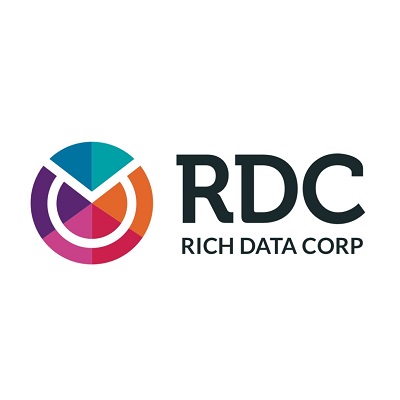
RDC’s innovative research on Transfer Learning published in Frontiers in Artificial Intelligence, demonstrating real world application
Rich Data Co (RDC), an Australian company leading the market in Artificial Intelligence (AI) for credit risk, announce the publication of its article “Credit Risk Modelling using Transfer Learning and Domain Adaptation” in international, peer-reviewed academic journal, Frontiers in Artificial Intelligence.
The article, which represents research conducted over a 12-month period in collaboration with the School of Computer Science and Engineering at the University of New South Wales (UNSW), successfully demonstrates how transfer learning can be used to predict credit risk probability for enterprises with a limited or non-existent credit history.
Limited data in the domain of credit risk assessment can negatively affect Micro, Small and Medium Enterprises. RDC’s research found that data from other related credit risk domains, such as card and personal loans, can be applied to train models to predict credit risk in the small business lending domain using a novel concept called Progressive Shift Contribution.
With a focus on real-world application, RDC’s research also addressed explainability for transfer learning models, and tested a domain adaptation approach to improve the accuracy of the model. Further research will explore methods to automate transfer learning, thereby maximising opportunities for those typically removed from the credit lifecycle to gain access to credit.
RDC Chief Executive Officer and Co-Founder, Ada Guan, commented: “Powering financial inclusion is at the core of RDC’s purpose and our joint research with UNSW is an important step in realising this purpose.”
“The responsible application of Artificial Intelligence can promote fair, inclusive and sustainable access to credit, particularly for newer sectors and smaller companies where it is more difficult to forecast outcomes due to a lack of data and higher risk. Techniques such as Transfer Learning could significantly benefit financial services by taking learnings from one application, such as personal lending, and applying it to another.
“I would like to thank my colleagues and important contributors to this paper at RDC and UNSW including Hendra Suryanto, Ashesh Mahidadia, Michael Bain and Charles Guan.”
RDC’s commitment to rigorous industry research and innovation is central to its success. Through its research, RDC is developing the mechanisms that will redefine how credit is offered, solving industry problems in innovative ways and introducing new thinking into the arena.


